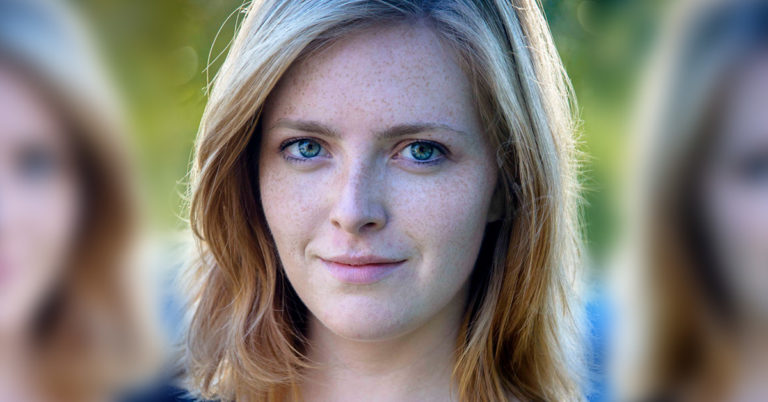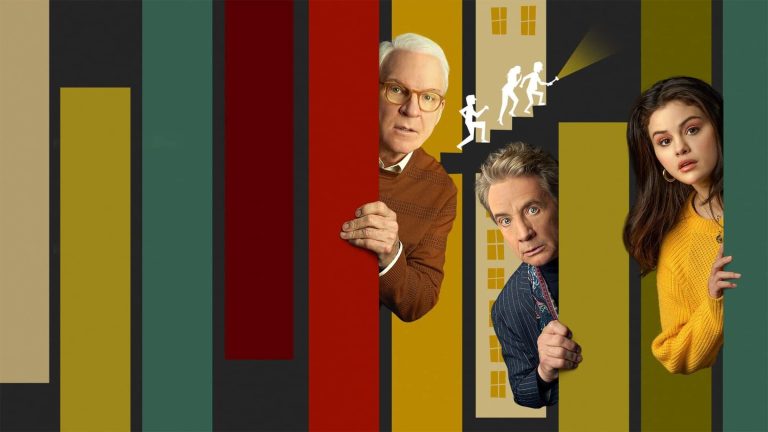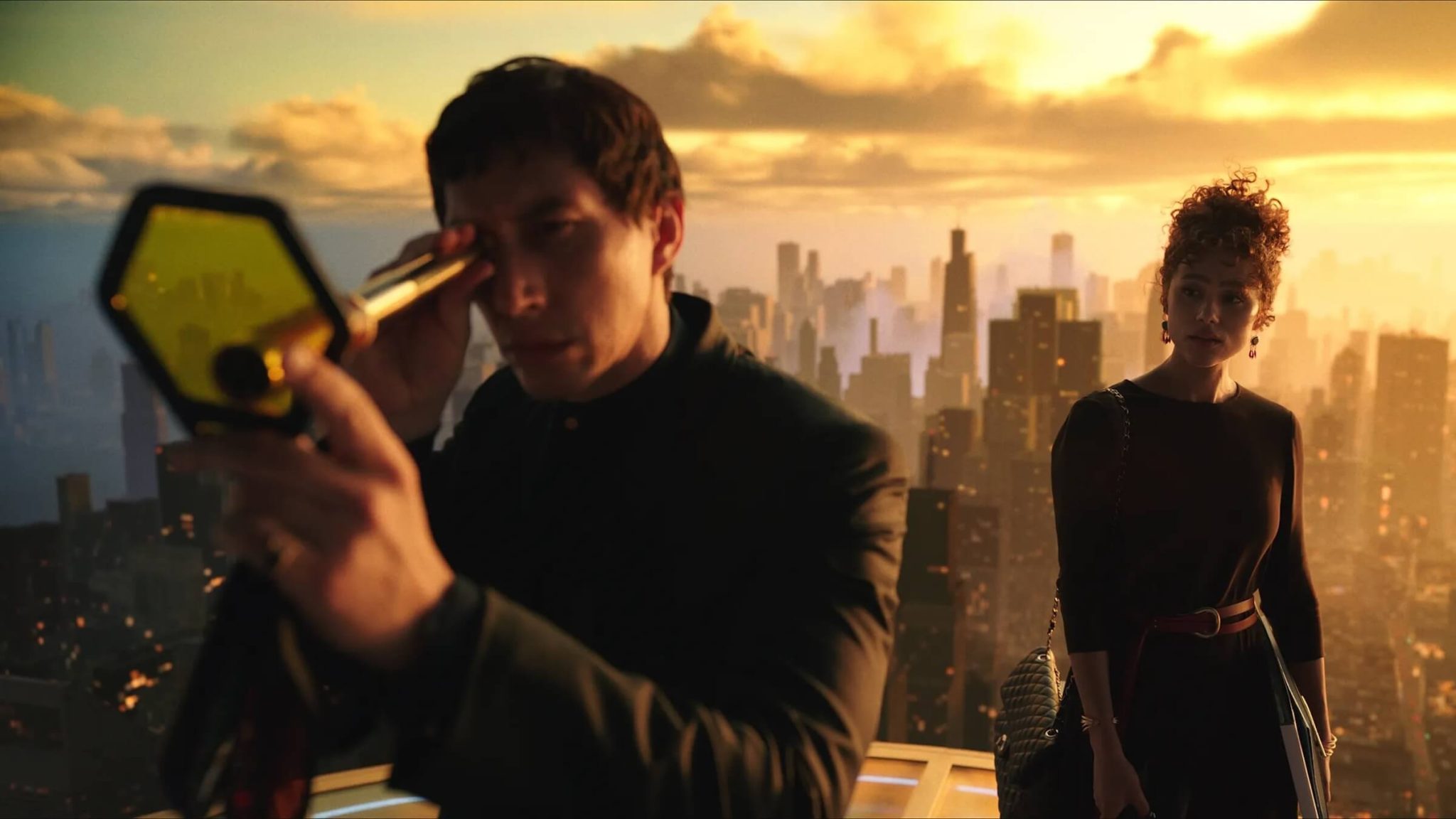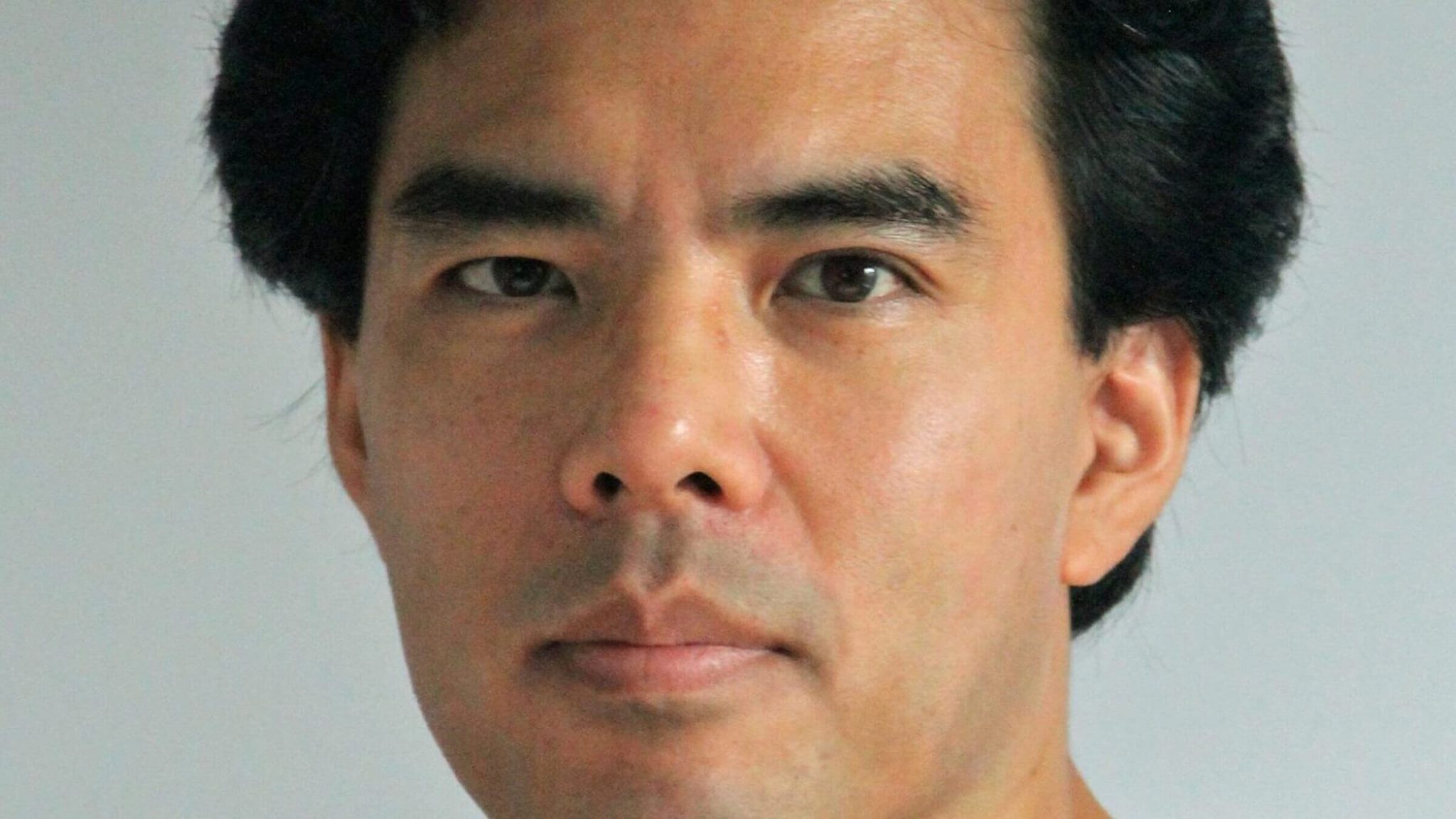6 Screenwriting Lessons from Writer-Director Stephanie McBain

Actor-turned-writer-director Stephanie McBain recently debuted her feature film Roads, Trees and Honey Bees and quickly moved onto her next feature film A Kiss on Candy Cane Lane, which is tentatively scheduled to be released by the holidays. With several other Directing credits to her name and another feature in the works, McBain shows no signs of slowing down. Here are 6 takeaways from her conversation with Giles Alderson of The Filmmakers Podcast.
ScreenCraft is proud to sponsor this episode of The Filmmakers Podcast, which you can listen to, subscribe and learn more about here.
1. Build your network.
There’s a really good community for [networking in Los Angeles]. There’re so many people out there who just want to make their dreams come true. Whether you do that on a studio level or an independent level or your path leads from independent to studio. You need good people around you with like-minded ideas… people that know the struggle you’re going through and why you do what you do every day.
2. Focus on what you want to do and learn from your mistakes.
Deciding to focus solely on directing after transitioning from acting, Stephanie set out to make her debut feature film with the help of her indie-producer-friend. Jumping right into filmmaking, Stephanie quickly understood that her life “has been learned by mistakes.” On Stephanie’s first day of production, an actor quit on them and they only managed to film 5/8ths of a page.
“You literally have to make the mistake to learn, which is unfortunate in so many ways because it puts you through a lot of stress… but you have to learn to give yourself some self-compassion and say it’s okay, pick it up and move on…”
Stephanie and her crew learned from their mistakes, and the second day on set was far more productive.
3. Find a mentor.
“A mentor is the best thing you can have in this business… one that is not going to leave your side; one that’s really going to go through it with you from start to finish.”
4. Work while you work.
While Stephanie was focusing on becoming a full-time director, she simultaneously worked two jobs in Los Angeles. The idea was that when she and her producing partner eventually went to production on the feature after securing financing, she would have somewhat of a financial cushion allowing her to focus on the film.
“I worked at a restaurant during the day, and I work a night-club at night. There was this window of time where I have to make time to work on my scripts. When I was deciding to do my feature, I was encouraged to pick up a second job in preparation for the film. So, I worked for a year before we even started production to try to save as much money as I could while investing the rest.”
5. Write what you know…
“[Roads, Trees and Honey Bees] is very personal to me. They always say write you know: My parents are divorced, so I’ve gotten the ability to know my mom and know my dad as people and not just mom and dad… so [Honey Bees] is kind of a reflection of my life. People tend to tell me that I’m an old soul… I say it’s because I’ve been through a lot of different emotions and different chapters in life.
I realized life is sweet, even though sometimes it doesn’t go as planned… in the business or in stages of life, you’re constantly hit with new challenges and new obstacles just like making a film… Roads, Trees and Honey Bees: life is a road you go down, trees because it rhymes, and the honeybees because life is sweet: you have to have that perspective… that’s what this movie was.”
6. Learn who your characters are…
“I come from the acting background, so when I’m reading dialogue that I’ve written, I will go back and read the scene and if I can see it in my brain and I can hear the way that I want the actors to say it, then I know that it’s a good scene and I can move onto the next one.
Learn how to write great movie dialogue with this free guide.
I don’t necessarily write full treatments before I start writing a script; I write a scene. Through that, I kind of learn who the characters are.
Listen to the podcast below.
 Andrew Schwartz is a marketing professional and script reader working in the entertainment industry. He has written and read for outlets such as The Blcklst, BlueCat Screenplay, Final Draft and more. Find him on Twitter at @writingshorts or his Instagram page dedicated to The Sopranos, @sopranosgram.
Andrew Schwartz is a marketing professional and script reader working in the entertainment industry. He has written and read for outlets such as The Blcklst, BlueCat Screenplay, Final Draft and more. Find him on Twitter at @writingshorts or his Instagram page dedicated to The Sopranos, @sopranosgram.
For all the latest ScreenCraft news and updates, follow us on Twitter, Facebook, and Instagram.
Get Our Screenwriting Newsletter!
Get weekly writing inspiration delivered to your inbox - including industry news, popular articles, and more!



























